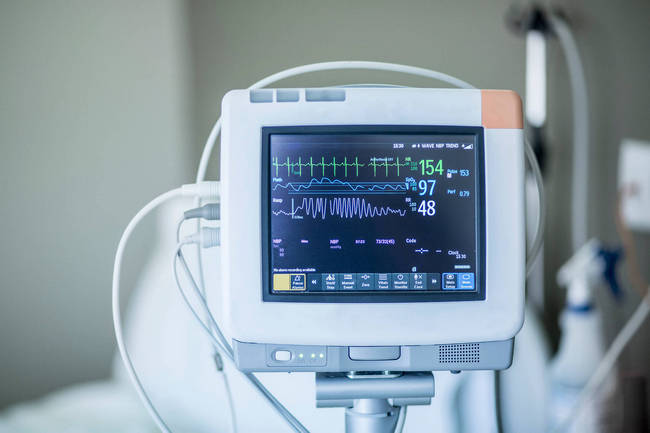Get more out of LifeLabs! Log-in to your MyCareCompass account to manage your communication preferences and get the latest from LifeLabs on products and services and personalized health content.

Electrocardiograms (ECG)

How is the test performed?
Sensors are attached to your legs, arms and chest area for 5-15 minutes in a LifeLabs Patient Service Centre.
How much does it cost?
ECGs are covered through provincial health programs.
When will I get results?
Results are available healthcare providers within 3-5 days.



